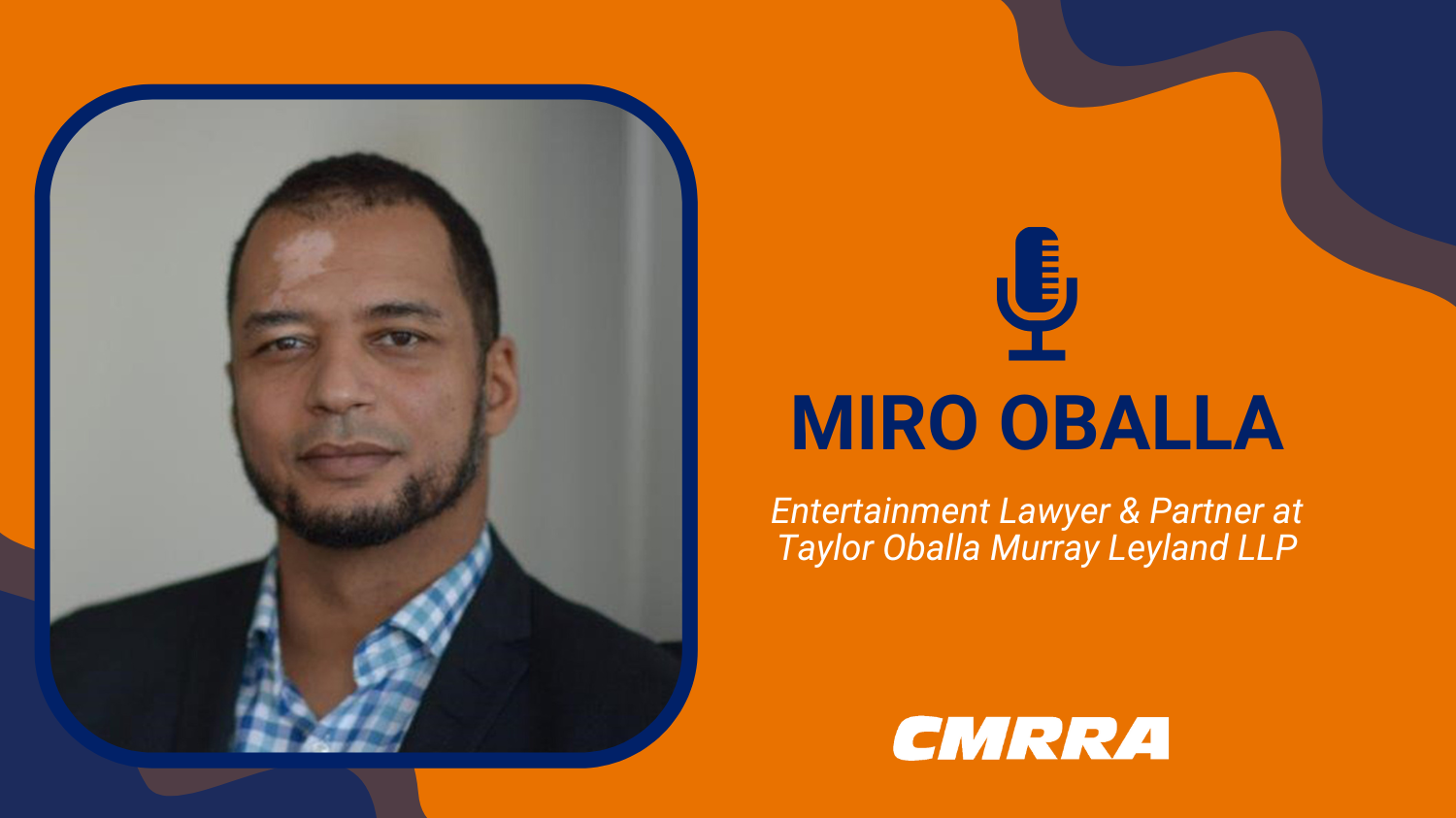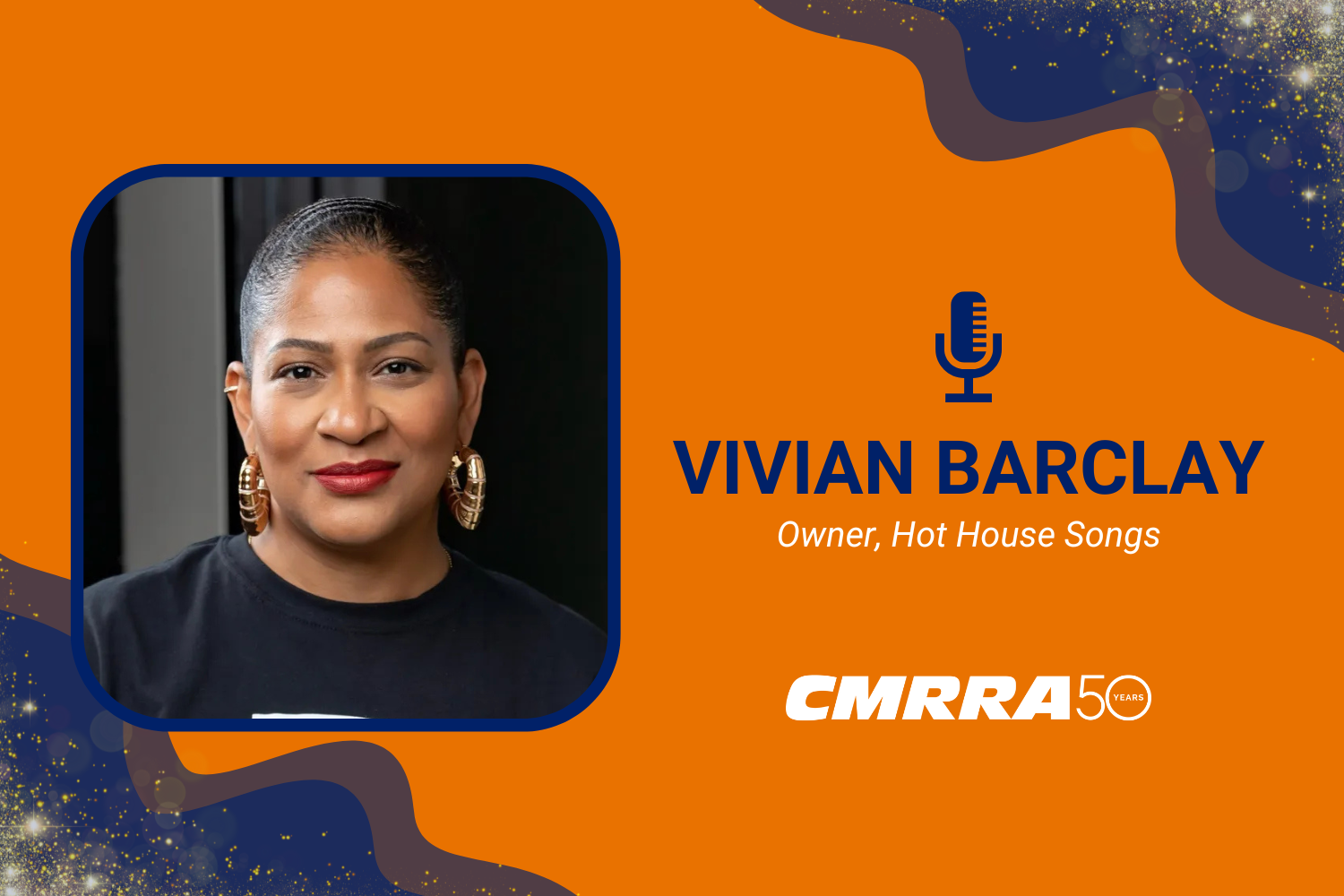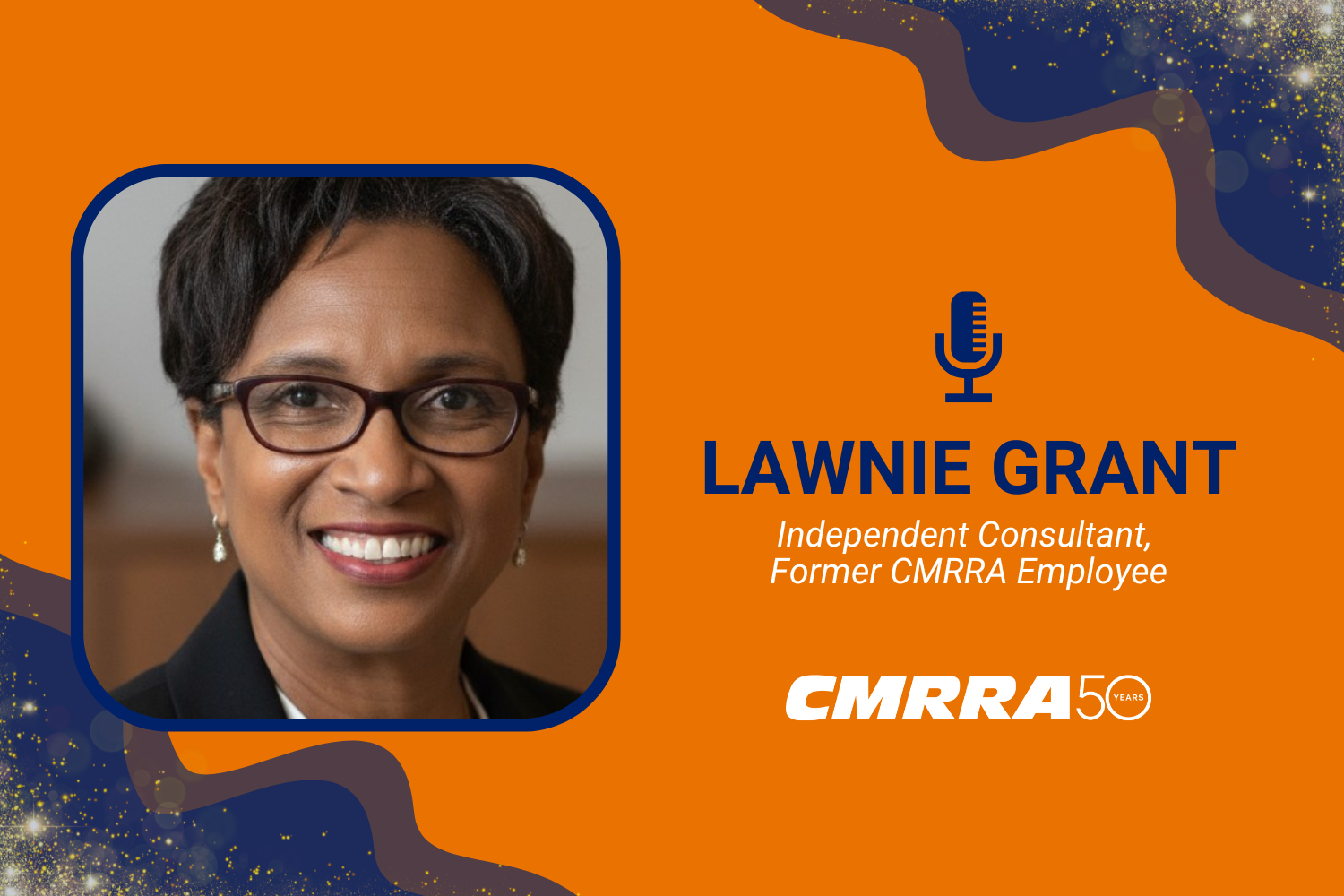By Tabassum Siddiqui
As a busy entertainment lawyer for the past two decades, Miro Oballa works with clients in film, TV, gaming, sports and more – but the sector he’s most passionate about is clearly music. His office walls showcase framed posters, awards and sales achievements that feature top Canadian artists such as Drake and Classified.
Over the past two decades, Oballa – a partner at Toronto law firm Taylor Oballa Murray Leyland LLP – has garnered a reputation as one of the leading music lawyers in the country, helping artists and music professionals navigate the often tricky world of songwriting and licensing rights, label deals and other industry agreements.
While law wasn’t his initial career choice, his interest in music goes back to his childhood growing up listening to influential Black artists who became household names in the 1980s.
“Being an only child, you tend to live in your own world a lot,” Oballa recalls. “My first memories of getting into music would have been around age nine or so – Michael Jackson’s Thriller had just come out; I remember the video being a big deal at my house. I think the first album I bought with my own money was Prince’s Purple Rain. I remember going to a Tina Turner concert with my parents.
“There was so much great music in the 1980s that was formative, and I ended up loving music because it was this window into worlds other than your own – that was really interesting to me.”
As a teenager, Oballa noticed the lack of other Black families in Calgary at the time and was keenly drawn to ’90s hip-hop as a way of feeling connected to his roots.
Pairing that deep appreciation for music with his legal career came about only after Oballa – who was initially intrigued by journalism after writing record reviews for his university newspaper – moved from corporate law to taking a chance on the opportunity to practice entertainment law in 2002.
“A lot of the lawyers at our firm were musicians, and some are still active, but that wasn’t my path – it came about more from being a fan of music… and a mediocre player of some instruments,” Oballa says with a laugh.
In his time working with artists, songwriters, and managers, Oballa has made a point of immersing himself in the music industry to better understand the business and how its evolution impacts the legal aspects of his clients’ careers. And, he notes, being a music lawyer involves far more than counselling them on signing agreements – a big part of his role is as a trusted advisor.
“These days, especially in the TikTok era, you’ll have a kid who’s maybe living in a basement apartment and working a job while making their music, and some random song just happens to connect because somebody put it on TikTok and it caught fire,” Oballa explains.
“And now they’re getting calls from half a dozen labels and publishers around the world. They don’t have much of a team; they have no idea what to do, and need someone who can help provide that guidance – and that’s the scenario I’m often involved in.
“And that becomes less about, ‘Let me review these parts of the agreement,’ and more about, ‘Let’s figure out a way to maximize any opportunities for you in a way that best aligns with your goals and dreams.’”
Oballa, who started his career just as Napster and file-sharing disrupted the music industry, has had a front-row seat to how the sector has evolved in the past 20 years.
“The modes of business have undergone massive changes – and I suspect that will continue,” he points out. “These days, major-label or publisher deals are not for everyone, as some artists don’t want to be locked in. And other artists or managers might do several deals in their lifetime, not just one.
“We’re seeing a big challenge with AI – that’s a giant question mark. It’s going to impact everything, but nobody knows exactly how yet. It’s all a constant state of change, which means that we as lawyers need to know what’s happening and make sure we’re giving advice that’s tied to what’s going on now.”
As such, lawyers are a critical part of any artist/songwriter’s team, given their involvement with various agreements and aspects of a music career. And for many of Canada’s top artists, Oballa is the ace in their pocket that has helped steer them in the right direction.
“We’ve had the good fortune of working with a lot of Canada’s most successful artists and songwriters over the years. There are definitely a few where we were right there from the beginning – I remember being in my office and hearing our firm’s founder, Chris Taylor, playing something on the speakers. It was a song produced by Cirkut, who was then a pretty unknown producer, but fast-forward years later, and he’s producing some of the biggest hits in the world,” Oballa says.
“We often have the privilege of being part of the ride during artists’ early stages and helping them navigate their career as it takes off.”
A big part of Oballa’s work is ensuring artists and their teams understand music publishing and reproduction rights – especially at a time when multiple revenue streams are key to building a sustainable career.
“Music is legally complicated from a rights perspective – partly because many people don’t understand there are two layers of rights,” Oballa explains. “Most of the time, when you hear a song on the radio, most don’t recognize that what you’re hearing is a song that some people have written, but also a recording of that song – and the artists performing might be the writers, but sometimes they’re not. And those are two entirely distinct copyrights that different individuals or legal entities – such as a record label or music publisher – own the rights to.”
“Rights organizations like CMRRA are an important piece of that – I will often advise clients to ensure they are covering all their bases when it comes to their publishing rights. So you’re getting your revenue from online streaming, but if you want to collect your digital mechanical royalties, you need to be set up with somebody who does that – which is CMRRA,” he continues.
“Make sure you get all your works registered – it’s a bit of a cliché, but it’s true now more than ever: for 98 percent of creators, it’s the small stuff that adds up. When you get your statements – whether that’s from CMRRA, TuneCore, DistroKid, your label – they break it down. You had x amount of Spotify plays in Norway, which was maybe only 63 cents, but all those pennies do kind of add up – and if it’s an ongoing thing that keeps happening every month, whether that’s a thousand streams, a million streams, 10 million streams, it all adds up.
“So it’s important to know about all the rights collectives and you need to register all your works – because if your works are improperly registered in the system, then that licensing collective isn’t going to know to collect on those works. There’s far more admin work that is necessary now if you want to make sure that you’re collecting all the revenue that you’re rightfully entitled to.”
Oballa says he makes ongoing learning and collaboration within the industry a priority, including currently serving on the boards of CARAS and the Polaris Music Prize.
“In order for me to be an effective lawyer and advisor, I need to understand the business and how it works, because the advice I’m giving around anything outside of the legal language is also reliant on how the industry operates,” he notes.
“I’m by no means an expert in the music business, but I understand it enough to help educate clients around some of the processes that are relevant to the success of their career.”
After years of seeing a lack of Black leaders in the music industry, Oballa co-founded ADVANCE, Canada’s Black music business collective, to help develop an infrastructure for more Black professionals to enter and succeed in the sector.
“When the Black Lives Matter movement gained a lot of steam because of the tragedies that were happening in the U.S., it brought a renewed focus to many of the issues we’ve been talking about for a while – including the lack of representation of Black people in the music industry on the business side, even though so much of the revenue was being generated by Black artists or Black music,” Oballa says.
“It was something we felt passionately about, and we wanted to have an organization that was focused on ensuring there was more representation in the industry. Over the past three years, we’ve built a community that offers mentorship and resources to help achieve that goal.”
While efforts such as ADVANCE are helping to ensure more representation in the Canadian music industry, there’s still a long way to go, Oballa says.
“I think the numbers now are much better than they were maybe a decade ago. Are they where they could be in all areas of the industry? There’s always work to be done.
“I had an interesting conversation recently with somebody who’s been in the business for a long time as well, and we were talking about the idea that the industry ultimately exists because of the creators. And we all get to make money because other people are spending their time, energy, and passion in the work that they do. They’re taking a big risk with their lives because they have a dream,” he adds.
“So when we say, ‘There should be more Black people working in the music industry,’ it’s not just because that’s a nice and fair thing, right? It’s because if a lot of the artists are Black, and you want to make sure that those creators are given the best opportunity to succeed, then having people who share cultural touchstones and a sense of community with them is good for business at the end of the day. If you’re a good business person, you have to recognize that there’s value in that.”
Oballa is also encouraged by the diversification of sounds coming out of Canada – as he helps support the artists making those shifts happen.
“One of the things I’ve been fortunate to be a part of is the rise of South Asian artists and songwriters who are from Canada or based here but are having a global impact – the biggest artists in this genre are Canadian, and I’ve been lucky to work with some of them and watch how that genre is evolving and becoming mainstream,” he says, pointing to superstar artists AP Dhillon, Tesher, Shinda Kahlon and Karan Aujla.
“When I look back at my career, there definitely are a number of things where I can be like, ‘Here are some of the touchstones of music that have happened in Canada in the last 20-something years and think, ‘Yeah, I was involved in that.’ It’s a good feeling.”
To learn more about Miro Oballa, visit www.tomllawyers.com.
To learn more about ADVANCE, visit www.advancemusic.org.




